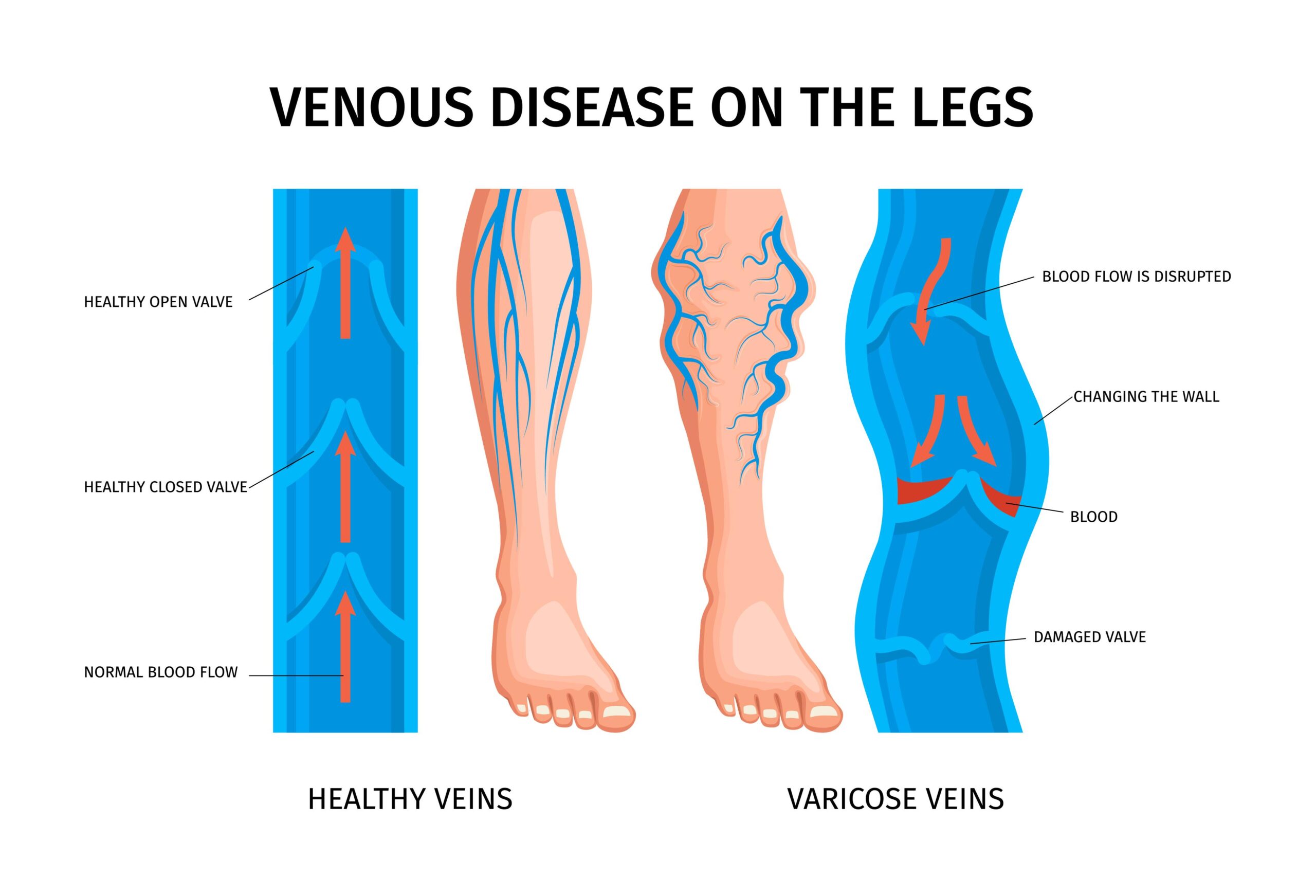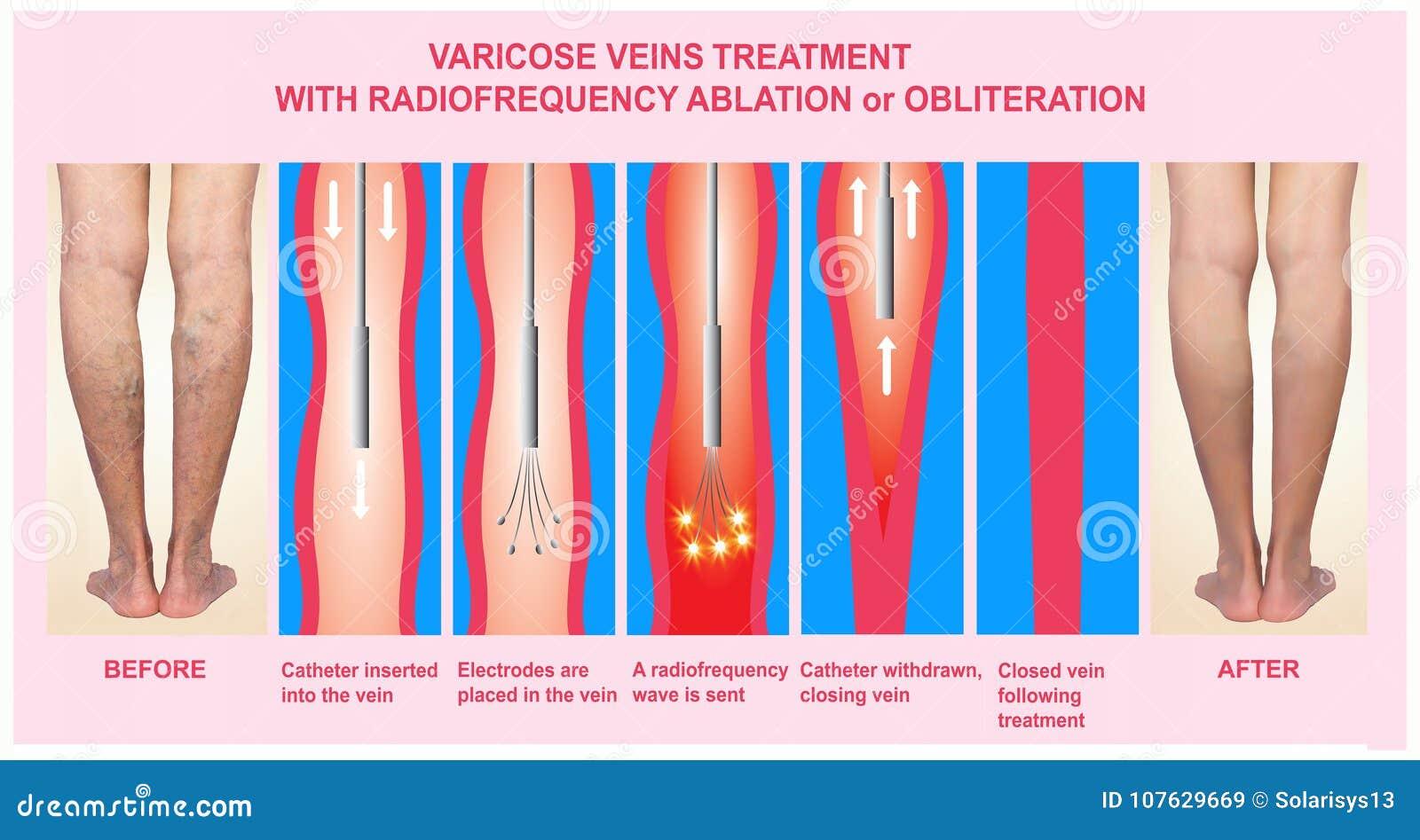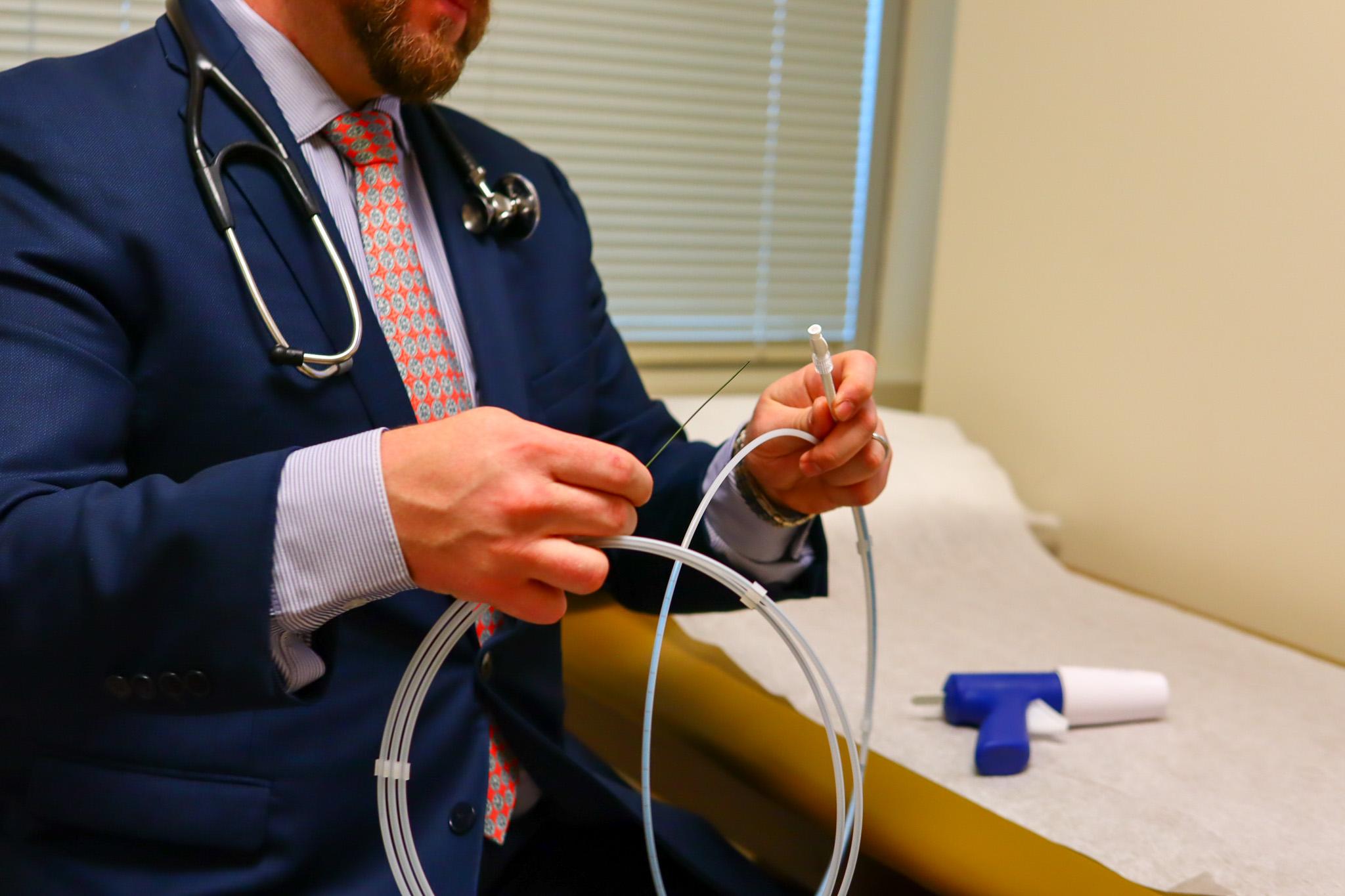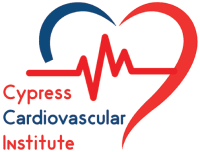Vein Care 101
Our Vein Care services encompass the latest technologies and techniques to diagnose and treat a wide range of vein conditions, including coronary artery disease, vein failure, valvular vein diseases, and arrhythmias. Whether you require a minimally invasive procedure or long-term management, our team will provide you with a personalized care plan designed to address your unique needs and improve your quality of life.

Discover and Learn
Examine and explore our comprehensive resources on vein health and treatment.
Explore Vein Treatments
Learn about the latest vein treatment options.
Understanding Vein Diseases
Understand common vein conditions and their symptoms.
Vein Treatments and Diseases
Vein diseases encompass a range of conditions that affect the veins, causing discomfort and potentially serious health risks. Common vein diseases include varicose veins, deep vein thrombosis, and venous ulcers. Symptoms may include pain, swelling, and skin discoloration.

Chronic Venous Insufficiency
Varicose veins are a common vascular condition that affects millions of people worldwide. These abnormal, enlarged veins typically appear on the legs and feet, causing discomfort, pain, and cosmetic concerns for many individuals.

Varicose Veins: Causes, Symptoms and Treatments
Varicose veins are a common vascular condition that affects millions of people worldwide. These abnormal, enlarged veins typically appear on the legs and feet, causing discomfort, pain, and cosmetic concerns for many individuals. In this comprehensive guide, we will delve into the causes, symptoms, and various treatment options available for varicose veins.

Vein Ablation: Risks, Benefits and Procedure
Vein ablation is a minimally invasive treatment for varicose veins and chronic venous insufficiency.
Are you suffering from vein conditions like varicose veins or spider veins?
Look no further for state-of-the-art treatments using advanced techniques like ClosureFast™ and VenaSeal™. Take action today and schedule an appointment with our skilled physicians for a comprehensive evaluation.
Discover Our Vein Care Workup
At Cypress Interventional Cardiologist, we are dedicated to providing comprehensive care for your vein, veins, and vascular health. From your initial consultation to personalized treatment plans, our experienced team is here to guide you every step of the way. With state-of-the-art facilities and cutting-edge procedures, we are committed to helping you achieve optimal vein health.
Comprehensive Vein Evaluation
Vein Ultrasound Screening
Our state-of-the-art leg vein screening ultrasound helps us accurately diagnose your condition.
- Precise
- Seemless
Vein Ablation Procedures
Upon Evaluation, we then offer cutting-edge options such as vein ablation, VenaSeal, and radiofrequency ablation (RFA), to safely and effectively eliminate those troublesome veins.
- Minimally Invasive
- Quick Recovery
Comprehensive Vein Care Services
At Cypress Interventional Cardiologist, we offer a wide range of vein care services to diagnose, treat, and provide follow-up care for various vein conditions. Our experienced team of medical professionals is dedicated to delivering personalized and effective solutions to improve your vein health.
- Accurate Diagnosis for Effective Treatment
- Tailored Treatment Options for Optimal Results
- Comprehensive Follow-up Care for Long-term Health
Frequently Asked Questions
How long do these procedures take?
Most treatments take about 30-60 minutes, depending on the number and size of veins being treated.
What are vein ablation, Venaseal, and RFA?
These are minimally invasive treatments for varicose veins and chronic venous insufficiency. Vein ablation is a general term for procedures that close off problematic veins. Venaseal is a specific type of vein ablation that uses medical adhesive to seal veins. RFA (Radiofrequency Ablation) uses heat from radio waves to close off veins.
What types of vein ablation does Cypress Cardiovascular Institute offer?
We offer both Venaseal and Radiofrequency Ablation (RFA). Our specialists will recommend the best option based on your individual needs.
What is the Venaseal procedure?
Venaseal uses a medical-grade adhesive to seal off problematic veins. A small catheter is inserted into the vein, and the adhesive is applied to close it.
What are the advantages of Venaseal?
Venaseal doesn’t require multiple needle sticks, eliminates the need for compression stockings post-procedure, and allows for a quicker return to normal activities.
Is RFA suitable for everyone?
While RFA is suitable for many patients, it may not be recommended for those with certain medical conditions or very small veins. Our specialists will determine if you’re a good candidate.
Will I need to wear compression stockings after treatment?
This depends on the procedure. Venaseal typically doesn’t require compression stockings, while they may be recommended for a short period after RFA.
Are the results permanent?
The treated veins are permanently closed. However, new varicose veins may develop over time. Maintaining a healthy lifestyle can help prevent new varicose veins from forming.
How do I know if I’m a candidate for these treatments?
The best way to determine if you’re a candidate is to schedule a consultation with one of our vein specialists. They will evaluate your condition and recommend the most appropriate treatment option.
Are these procedures painful?
These procedures are generally well-tolerated. You may experience some discomfort, but local anesthesia is used to minimize pain during the treatment.
What is the recovery time?
Recovery is typically quick. Most patients can return to normal activities within 1-2 days, although strenuous exercise should be avoided for about two weeks.
How effective is vein ablation?
Vein ablation is highly effective, with success rates of 90-95% for treated veins.
Is Venaseal safe?
Yes, Venaseal is FDA-approved and has been shown to be safe and effective in clinical studies.
How does RFA work?
RFA uses heat generated by radio waves to damage the vein walls, causing them to collapse and seal shut. The body then naturally redirects blood flow to healthy veins.
What are the side effects of RFA?
Common side effects are mild and may include bruising, swelling, and temporary numbness. Serious complications are rare.
How soon will I see results?
Many patients notice improvement in symptoms within a few days, but full results may take a few weeks to become apparent.
Are these procedures covered by insurance?
Many insurance plans cover these treatments when deemed medically necessary. We recommend checking with your insurance provider or calling our office for specific coverage details.
Still Have Questions?
Contact us for more information.
